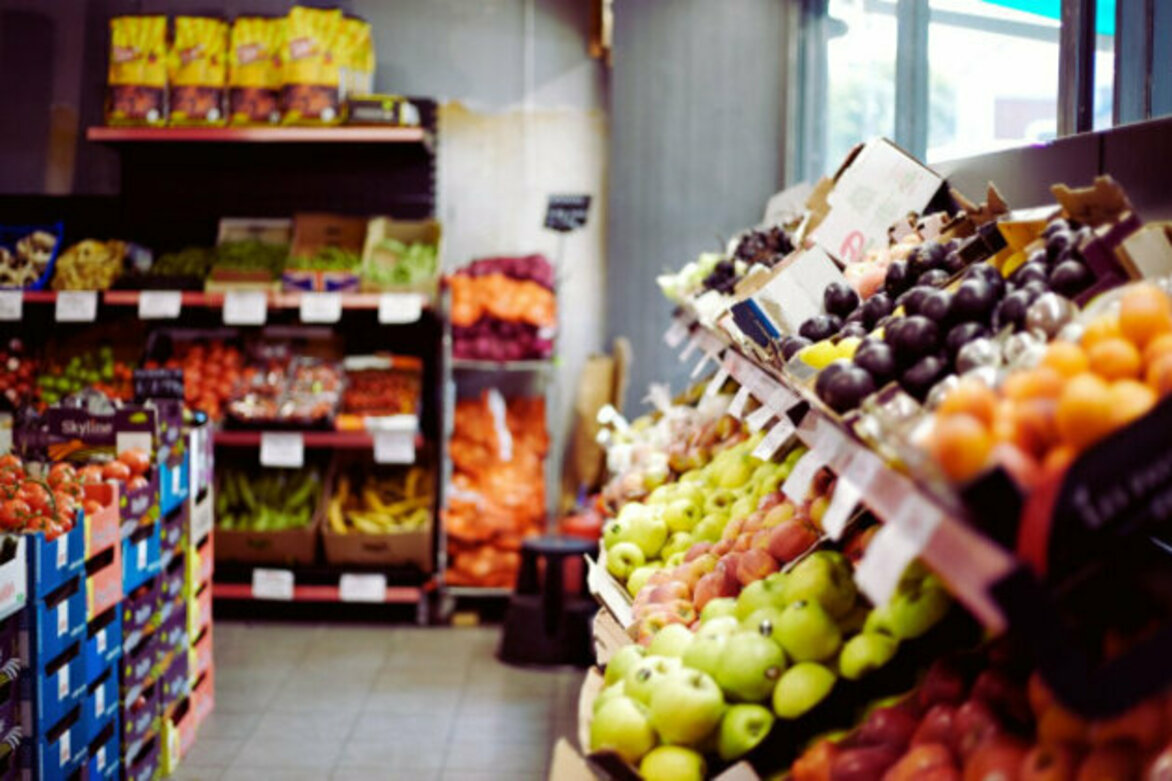New Law, Old Problems: Will Bulgarias Supply Chain Shake-Up Work
Novinite.com
17 Jun 2025

Until July 14, Bulgaria's Ministry of Agriculture is accepting proposals from farmers, processors, and traders on a new draft law aimed at regulating the supply chain for agricultural and food products. The goal is to ensure that primary producers receive fair compensation for their work and are not forced to sell their goods below production costs.
For vegetable grower Ivan Kaburov, the proposed legislation may be the last hope to save Bulgaria's struggling vegetable and greenhouse sectors. On the national radio, he described the current situation as dire, warning that without change, honest producers could face bankruptcy. According to Kaburov, the draft law intends for each producer to calculate and declare their own cost price based on actual expenses, rather than applying a universal base rate.
Kaburov argues that introducing clear rules will benefit not just producers, but consumers as well - who currently face inflated retail prices. He gave a concrete example: he sells cabbage to a retail chain for 1 lev, yet on store shelves, it is priced at more than 2 leva. Under the new law, the first intermediary would be allowed a maximum markup of 10%, and the final seller 20%. This would cap the final price at about 1.30?1.40 leva instead of the current 2.10?2.20. ?The money won?t stay in empty shell companies or go to speculators,? he said.
But not everyone shares Kaburov's optimism. Ivaylo Galabov, chairman of the Union of Poultry Breeders in Bulgaria, voiced serious doubts. In his view, the draft law is just the latest in a line of similar attempts by three successive governments, all of which have failed to bring meaningful change. According to Galabov, in a functioning market economy, such interventions risk distorting competition rather than improving it.
He believes the law is unlikely to resolve long-standing structural issues. Loopholes will inevitably emerge, he warned, meaning the dishonest will continue to game the system while those already playing by the rules will shoulder additional burdens.
One contentious point in the draft is the proposed requirement for retail chains to offer at least 50% Bulgarian-made goods within a product group. Galabov raised questions about how ?Bulgarian? would be defined. Would it mean products made with Bulgarian raw materials or just items manufactured by companies based in Bulgaria? The ambiguity, he said, could lead to confusion, especially in sectors like dairy and processed meats.
The situation is different across product categories. With fruits and vegetables, the seasonal nature of production makes it impossible to supply Bulgarian goods year-round at competitive prices. Ensuring that local produce doesn?t go unsold should be a higher priority of the legislation, Galabov argued.
He also pointed out a structural disadvantage for small producers: large retail chains continue to push their own-label brands, squeezing out independent local brands. But he admitted that such market dynamics may be difficult, if not impossible, to regulate within the framework of a law focused solely on markup limits.
Source:BNR interview
